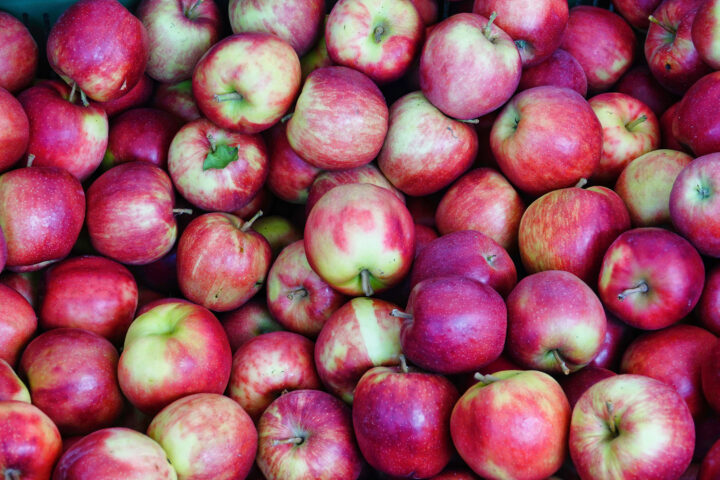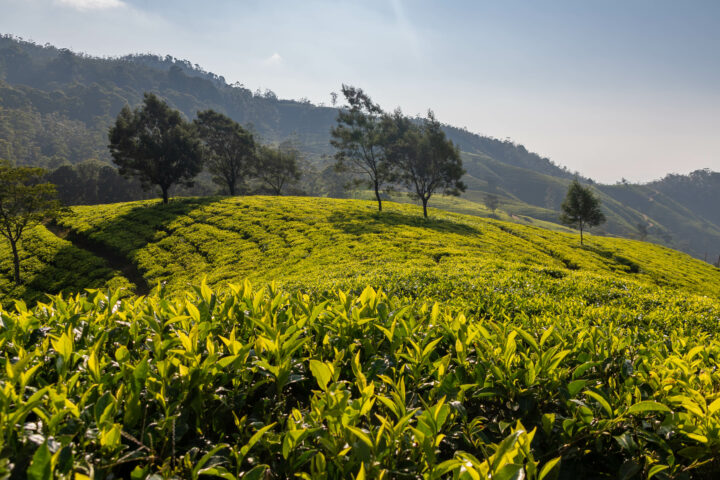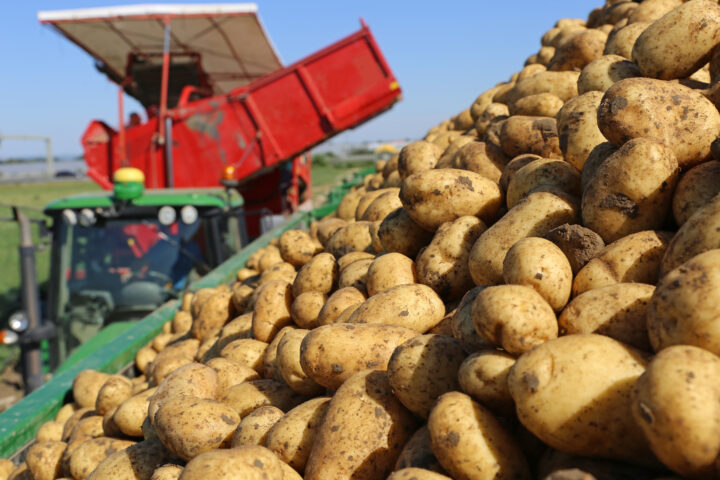
EU paves the way for gene editing
The European Union aims to regulate plants bred using genome editing techniques in the same way as conventional breeding methods. The European Commission plans to present a corresponding proposal for regulating new breeding technologies in early July. This move represents a significant step towards a more productive and sustainable agriculture in the EU. Switzerland should also re-evaluate genetically edited plants to avoid falling behind.
Wednesday, June 21, 2023
Until now, plants bred using new breeding technologies (genome editing) were subject to the same regulations as genetically modified organisms (GMOs) in the EU. They have been largely prohibited since a fundamental decision by the European Court of Justice in 2018, with a few exceptions. However, according to the "Frankfurter Allgemeine Zeitung," this is expected to change. A draft law reveals that the European Commission intends to apply the same authorization procedures for genome-edited plants as for conventional breeding methods. The gene-editing tool CRISPR/Cas accelerates the breeding of new plant varieties, although similar results can be achieved through classical breeding. However, the latter takes significantly longer. Therefore, the EU aims to no longer distinguish between conventional breeding methods and genome editing.
"Revving up the turbo"
The gene-editing tool CRISPR/Cas enables the acceleration of breeding more robust and climate-adapted plant varieties. These plants can better withstand stress factors such as heat and drought. It can also improve the storability of crops. Matthias Berninger from Bayer emphasized the urgent need for accelerated breeding of new varieties, stating, "We need to rev up the turbo if we want to keep up with the rapid pace of climate change." He further questioned, "Who will take responsibility for the risks to food security if we leave the potential of this new technology untapped?"
Switzerland risks falling behind
Switzerland should also rev up the turbo. The Federal Council is tasked with presenting a draft law by mid-2024 to regulate genetically edited plants. In Switzerland, plants bred using new breeding technologies are still subject to the GMO moratorium that has been in place since 2005. The Federal Council now has the opportunity to regulate plants that do not differ from conventional breeding methods and do not contain foreign genetic material based on risk assessment, freeing them from the moratorium. If Switzerland maintains the status quo, it risks being left behind by the EU and the rest of the world. This would have devastating consequences for Swiss agriculture as well as the country's research position.
Sources
Frankfurter Allgemeine Zeitung, June 17, 2023
Kindly note:
We, a non-native editorial team value clear and faultless communication. At times we have to prioritize speed over perfection, utilizing tools, that are still learning.
We are deepL sorry for any observed stylistic or spelling errors.
Related articles

Science resists ban on GMO crops
The Supreme Court in the Philippines wants to stop the cultivation of genetically modified plants Golden Rice and Bt aubergine (Bacillus thuringiensis). This is anything but well received by the government and the scientific community: The ban could jeopardise the country's food security.

Where the focus lies in apple breeding
The new head of Agroscope's fruit breeding research group is Andrea Patocchi. In an interview with the trade journal Obst + Wein, he explains where the focus of apple breeding lies today.

Chinese robot picks tea
There is a shortage of tea pickers in China. A robot developed by a researcher is set to remedy the situation and take over the work in future. Thanks to artificial intelligence, the machine can even recognise the shoots of the tea plant. The first harvesting robots are also already being developed in Switzerland.

Potato farmers want robust varieties
As the use of crop protection has been massively reduced, the potato industry now wants to focus on more robust varieties. The industry has even concluded a target agreement with the federal government. This is ambitious: By 2040, robust varieties are to grow on 80% of potato cultivation areas.

